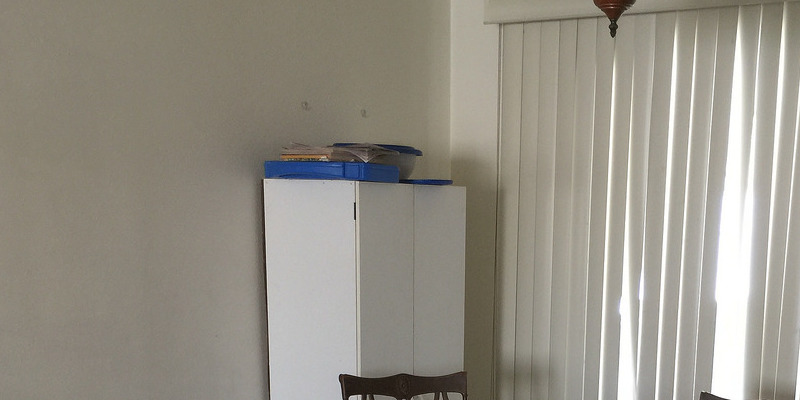How Do You Avoid Spending Up-Front Mortgage Insurance?

Upfront mortgage insurance (also also referred to as personal mortgage insurance, or PMI) will set you back a tidy sum over time, so make plans to prevent paying for this particular disbursement. Mortgage lenders have recognized that mortgages that result through the first years in a default will sell for significantly less in relation to the initial cost. Moreover, the expense of foreclosure transporting and expenditures, upkeep charges will be different, but generally the loss is very serious. On average, most lenders assume to offer a house that put a default for 80-percent of the initial selling price or appraised value (whichever is lower). Mortgage insurance protects a lender’s investing for loans which are above 80% loan-to-value.
Submit an application to get a mortgage loan that is traditional. Mortgage lenders don’t need mortgage insurance for traditional loans with 80-percent loan-to-value or less. This threshold applies to both purchase and refinance trades.
Make 20-percent deposit to stop from paying mortgage insurance that is up-front. Your mortgage mortgage company is not going to shoulder just as much danger when your down payment to get a house is equivalent to twenty per cent or even more, and you WOn’t need to purchase mortgage insurance.
Find a second mortgage in order to avoid mortgage insurance. A 15-percent second mortgage, as your 10% down payment would need 10% second mortgage, to take into account the one-fifth that’s necessary to prevent mortgage insurance would be required by your 5% down payment.
Seek assistance from the house seller to prevent mortgage insurance that is upfront. A vendor that has equity may prefer to fund some of the cost . Your 10% down payment which is coupled with all the vender’s ten percent 2nd mortgage will allow you to stay away from mortgage insurance.